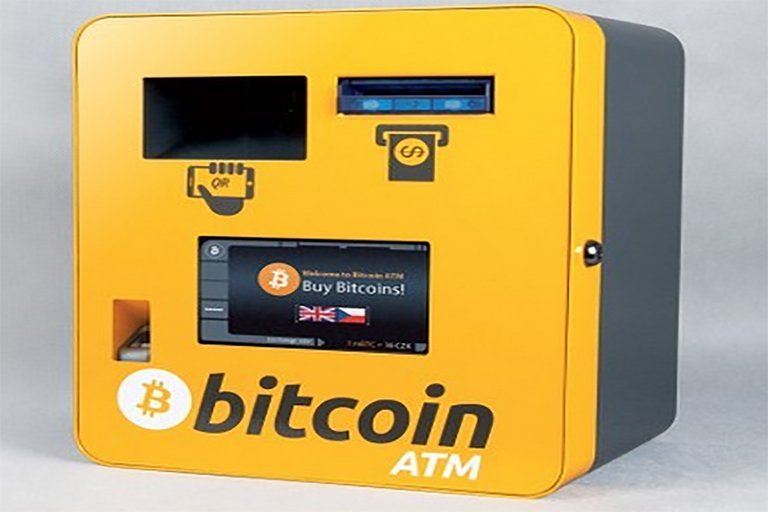In the online mode, bitcoins can be purchased directly from an individual or at a bitcoin ATM. Bitcoin machines, however, differs from traditional ATMs. Bitcoin kiosks are typical machines that are attached to the internet which permits the intake of cash in exchange for bitcoins. Bitcoin kiosk does not possess any connection with banks. But it also charges a high transaction fee of 7% and the exchange fee of $50 all around the globe. The market limit of Bitcoin is $7 billion. And investors are relying upon Bitcoin-related investment vehicles as a safeguard into their retired year accounts. On the other hand, the network has to make a few hundred thousand transactions per day.
Bitcoin for long has been claimed to be the future of democratized and digitalized money. But it remains at the centre of a conflict of ideologies over how to make the proper development of the technologies that are behind the system. Bitcoin is a stateless, bank-less, paperless digital currency which allows people to pay directly for any goods and services. The bitcoins are computer-made - by solving some complex math equations. People who make use of their computers for making coins and record transactions are called miners.
Bitcoin has been proclaimed dead 89 times. It has been labelled as a vague scheme and an unsuccessful experiment. Writers have now and then argued that it should be forgotten and for developers to pace towards more happening ventures. But moving beyond this rhetoric, we can compare the rise of bitcoin with another technology, our very own the World Wide Web.
Yet bitcoin is strengthening and that mind-set is changing. Old exchanges are all dead like. This next step of coin based exchanges takes both regulation and security seriously. Millions of dollars are expended on individuals to security analysts in order to work with regulators. In many cases, it is seen that companies that are simply incapable of building their own secure platforms tend to rely upon Bit Go, which provides security in the space of bitcoins. The companies using this technology have made transactions over $1 billion but not a single dollar has been reportedly stolen.
The number of persons using the network and the transaction number is growing. Companies Purse, ZapChain, and ChangeTip are offering real-life use cases for this technology. Purse lets people buy any goods on Amazon; ChangeTip is there for micro-transactions, and ZapChain focuses on creating incentives through high-quality discussions.
Bitcoin undoubtedly is an important innovation, and to unlock its full potential it needs a legislation that is progressive in nature. Progressive and clear legislative guidance will give budding bitcoin entrepreneurs the much-needed confidence to explore new use cases and introduce bitcoin to the masses. Despite this, the regulation of bitcoin the US remains under stringent conditions.Bitcoin is generally a form of digital currency which is created and held through electronic method. It is not controlled by human beings. It is an automated system. Bitcoins are not printed as like dollars or Euros. Apart from traditional currencies such as dollars, bitcoins are concerned and organized without any central authority. With the use of Bitcoin, anyone can be his own bank.
Sort: Trending